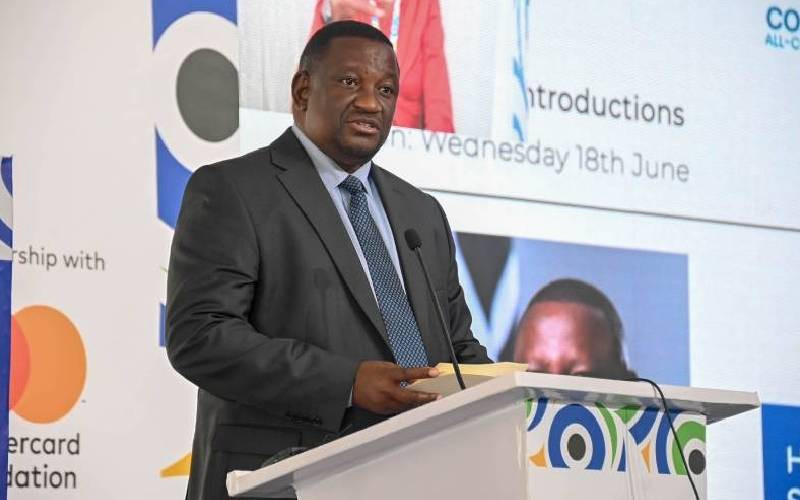Ghana Positions as Strategic Hub Amid Global Economic Shifts | News Ghana
The COVID-19 pandemic exposed systemic vulnerabilities, with Ghana accessing a $1 billion IMF Rapid Credit Facility in 2020. Africa’s pursuit of economic self-reliance through the 54-nation AfCFTA—the world’s largest free trade area by country participation—is headquartered in Accra. “The AfCFTA represents Africa’s collective determination to reshape its economic destiny,” stated the IMF in its 2023 Regional Economic Outlook.
Ghana’s economy demonstrates resilience despite recent challenges. Following its 2022 debt crisis and IMF program, the World Bank projects 4.8% growth for 2025. The country has doubled its GDP per capita since 2006, achieving in 16 years what took the UK 154 years. Persistent hurdles include regional inequality between northern and coastal areas, infrastructure gaps costing $1.5 billion annually, and commercial court cases averaging 710 days for resolution.
Economic diversification is underway. Services now constitute 47% of Ghana’s GDP despite natural resources dominating exports. Digital transformation accelerates with mobile penetration exceeding 140% and internet access reaching 59% in 2023, according to Ghana Statistical Service data. The Bank of Ghana reported mobile money transactions totaling GHS 978.3 billion ($71.4 billion) in 2023, facilitated by an interoperability system processing over 5 million daily transactions.
Key sectors show strategic promise. Renewable energy development includes the Bui Power Authority’s 50MW solar installation. Agriculture sees growing value addition beyond cocoa exports, led by processors like Niche Cocoa. Manufacturing gains traction through Volkswagen’s assembly operation and pharmaceutical firms expanding regional capacity under AfCFTA. Venture capital investment in Ghanaian startups reached $40 million in 2023 despite lending rates exceeding 30%.
As global companies like Google establish African research hubs in Accra, Ghana’s combination of relative stability, digital adoption, and AfCFTA leadership offers a critical test case for sustainable development in emerging markets. The country’s economic trajectory reflects broader African ambitions to transform systemic challenges into opportunities through regional integration and technological leapfrogging.
Follow on Google News









